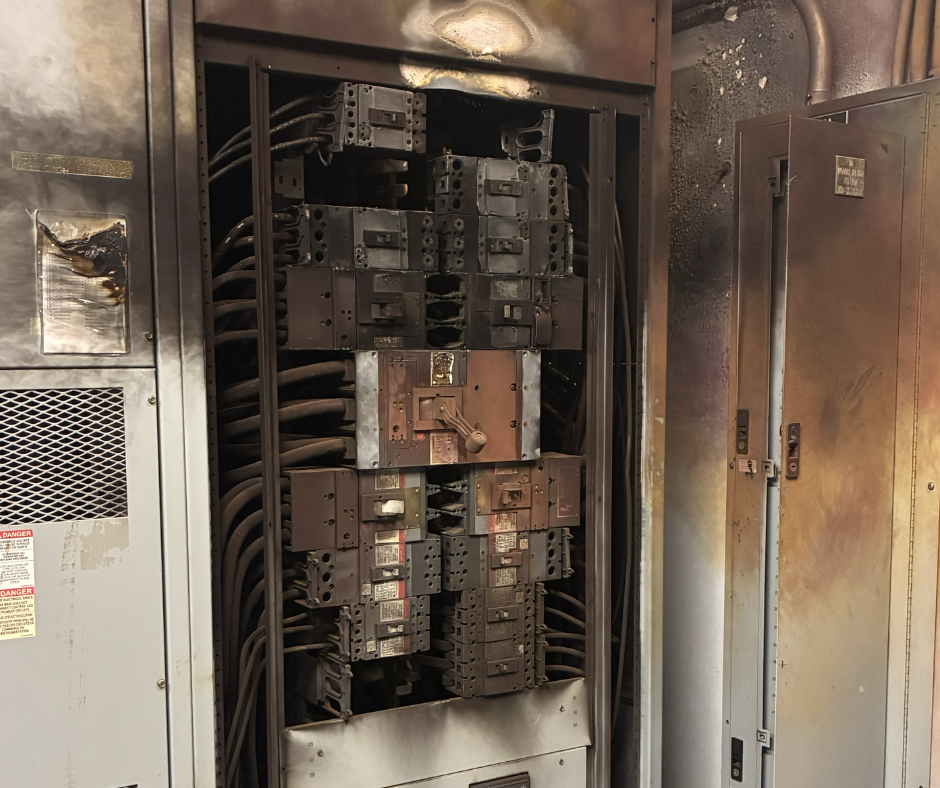Compiled by Spinnaker and wire services
Around the State
Gov. Scott Orders Random Drug Testing for State Workers
Governor Scott signed an executive order Mar. 22 requiring random drug testing for all state employees and pre-employment testing for all potential hires.
The new policy requires all full-time and part-time employees within agencies under Gov. Scott’s purview to be drug tested at least quarterly regardless of their position.
The order calls for the random drug testing to begin within 60 days of employees being notified of the new policy.
“Floridians deserve to know that those in public service, whose salaries are paid with taxpayer dollars, are part of a drug-free workplace,” Governor Scott said.
Around the Nation
U.S., allies agree on key NATO role for Libya
President Barack Obama won British and French support Mar. 22 for a NATO role in the air campaign against Libya’s Muammar Gaddafi as the western allies thrashed out operational details aimed at transferring U.S. control of the mission.
Obama, lobbying hard to hand off U.S. command of Libya operations to allies within days, telephoned British Prime Minister David Cameron and French President Nicolas Sarkozy and all agreed that the NATO alliance would play an important role, the White House said.
One U.S. official said Washington believed NATO would effectively have to take operational, if not political, control due to its superior command structure.
That prospect, which has been strongly resisted by both France and Turkey, threatens to alienate Arab nations over perceptions of Western aggression against a Muslim country.
One U.S. official said Washington believed NATO would effectively have to take operational, if not political, control due to its superior command structure.
Around the World
Nuclear plant damaged in Japan earthquake reconnected to power lines
Power has been reconnected to reactor No. 3 at the Fukushima complex, but officials warn that additional tests must be conducted to see if the electricity can be used to operate cooling systems at the plant.
Radiation contamination concerns extend to Japanese imports to China, South Korea and the Philippines.
Ten days after the tsunami, Japanese citizens are faced with food shortages, radiation concerns and a gasoline shortage.











